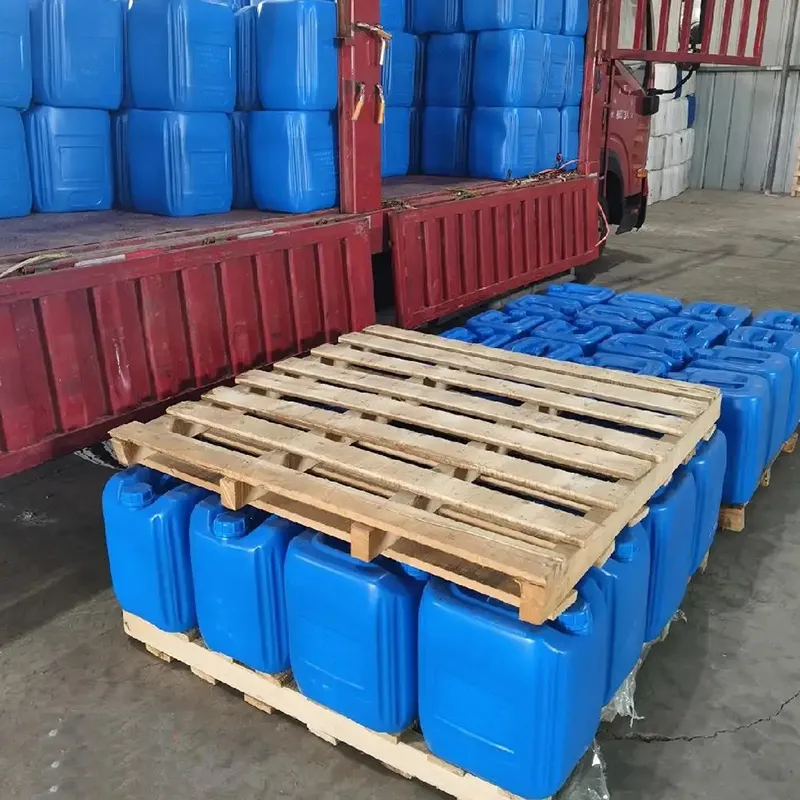
preservatives 202 211
Understanding Preservatives Focus on E202 and E211
Food preservation has been an essential practice throughout history, ensuring that perishable items remain safe to consume for an extended period. Among the various methods and substances used, synthetic preservatives have become increasingly prevalent. Two commonly utilized preservatives are E202 (Potassium Sorbate) and E211 (Sodium Benzoate). In this article, we will explore these preservatives, their uses, benefits, and some safety considerations.
E202 - Potassium Sorbate
Potassium sorbate, designated as E202, is a widely used food preservative known for its mold and yeast inhibiting properties. It is commonly found in products such as cheese, baked goods, dried fruits, and beverages. The compound works by disrupting the cellular membrane of fungi and bacteria, preventing their growth, which helps extend the shelf-life of food products.
One of the significant advantages of using E202 is its effectiveness at low concentrations, making it a cost-efficient option for food manufacturers. Moreover, potassium sorbate is considered safe for consumption and is approved by the Food and Drug Administration (FDA) and the European Food Safety Authority (EFSA). However, like all preservatives, the consumption of potassium sorbate should remain within recommended limits to avoid any potential adverse effects.
E211 - Sodium Benzoate
preservatives 202 211

Sodium benzoate, known as E211, is another prevalent food preservative. It is particularly effective in acidic environments, such as soft drinks and pickled products, where it inhibits the growth of bacteria, yeast, and molds. The primary mechanism by which sodium benzoate operates involves its conversion into benzoic acid, which then disrupts microbial metabolism.
Apart from its preservative qualities, E211 also enhances the flavor of certain products, making it a versatile ingredient in the food industry. Similar to E202, sodium benzoate is recognized as safe by regulatory authorities, provided that its use is within established safety limits. However, concerns have arisen about its potential to form benzene, a known carcinogen, in the presence of vitamin C (ascorbic acid) under certain conditions. This has led to ongoing research and scrutiny regarding its safety in food products.
Safety Considerations
While preservatives like E202 and E211 are generally recognized as safe, it is essential for consumers to remain informed about the products they consume. Some individuals may experience allergic reactions or sensitivities to certain preservatives. Therefore, reading food labels becomes crucial, especially for those with known allergies or dietary restrictions.
Food manufacturers are increasingly exploring natural alternatives to synthetic preservatives, responding to consumer demand for cleaner labels. Despite this trend, E202 and E211 continue to play significant roles in food safety and preservation.
In conclusion, preservatives such as E202 (Potassium Sorbate) and E211 (Sodium Benzoate) are vital in extending the shelf-life of various food products. While both compounds are generally regarded as safe, consumers should remain vigilant about their dietary choices and the presence of these ingredients in their food. Awareness and education about food additives contribute to healthier consumption habits and informed decision-making in today’s diverse food landscape.
-
Understanding Synthetic Rubber OptionsNewsApr.27,2025
-
Trichloroisocyanuric Acid: Essential for Clean and Safe WaterNewsApr.27,2025
-
Sodium Dichloroisocyanurate: Key to Safe Water TreatmentNewsApr.27,2025
-
Sodium Acid Pyrophosphate: Essential in Modern Food ProcessingNewsApr.27,2025
-
Essential Water Treatment ChemicalsNewsApr.27,2025
-
Denatured Alcohol and Its Industrial UsesNewsApr.27,2025
-
The Versatile Uses of Sodium BicarbonateNewsApr.24,2025
Hebei Tenger Chemical Technology Co., Ltd. focuses on the chemical industry and is committed to the export service of chemical raw materials.
-

view more DiethanolisopropanolamineIn the ever-growing field of chemical solutions, diethanolisopropanolamine (DEIPA) stands out as a versatile and important compound. Due to its unique chemical structure and properties, DEIPA is of interest to various industries including construction, personal care, and agriculture. -

view more TriisopropanolamineTriisopropanolamine (TIPA) alkanol amine substance, is a kind of alcohol amine compound with amino and alcohol hydroxyl, and because of its molecules contains both amino and hydroxyl. -

view more Tetramethyl Thiuram DisulfideTetramethyl thiuram disulfide, also known as TMTD, is a white to light-yellow powder with a distinct sulfur-like odor. It is soluble in organic solvents such as benzene, acetone, and ethyl acetate, making it highly versatile for use in different formulations. TMTD is known for its excellent vulcanization acceleration properties, which makes it a key ingredient in the production of rubber products. Additionally, it acts as an effective fungicide and bactericide, making it valuable in agricultural applications. Its high purity and stability ensure consistent performance, making it a preferred choice for manufacturers across various industries.











